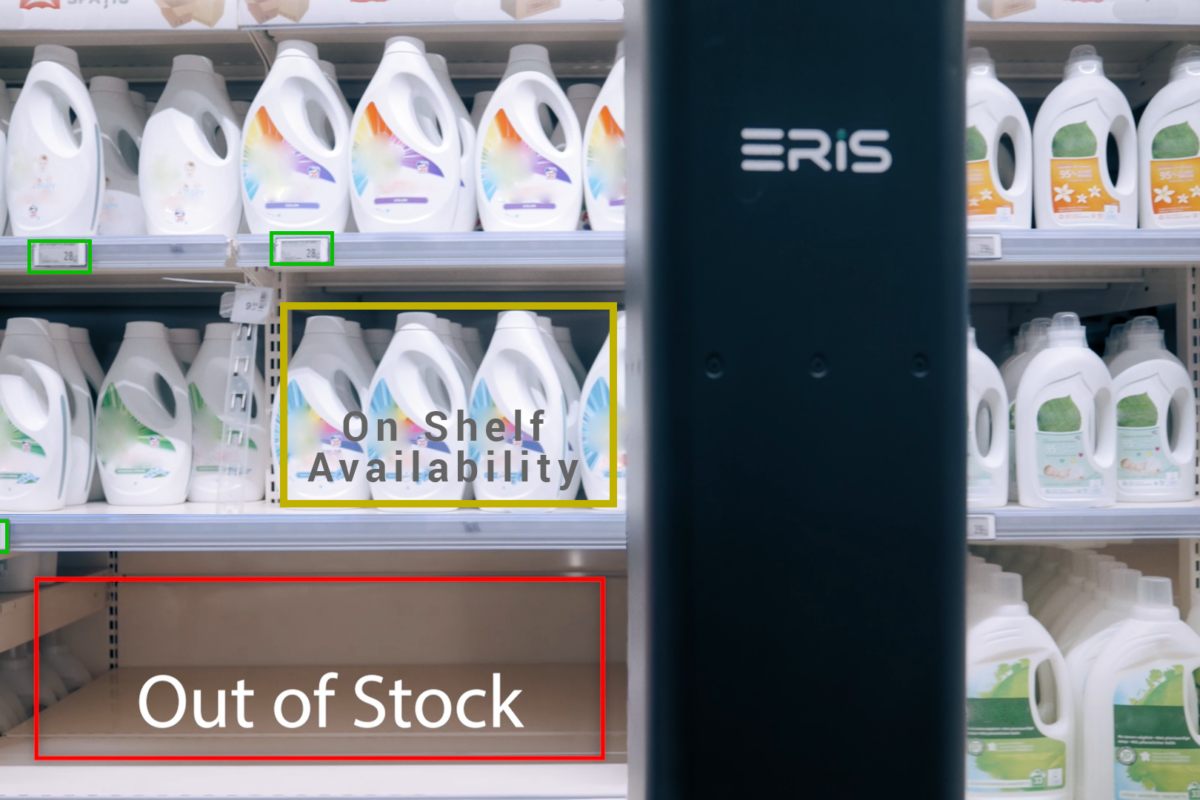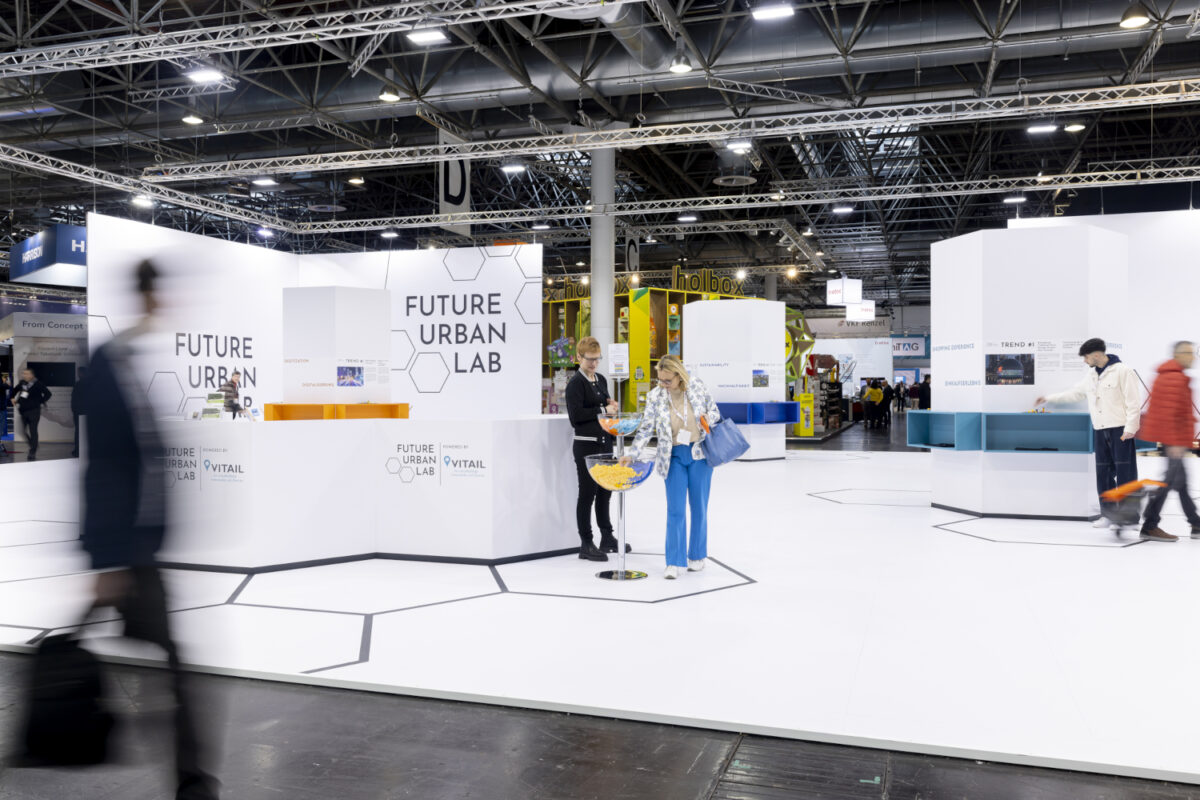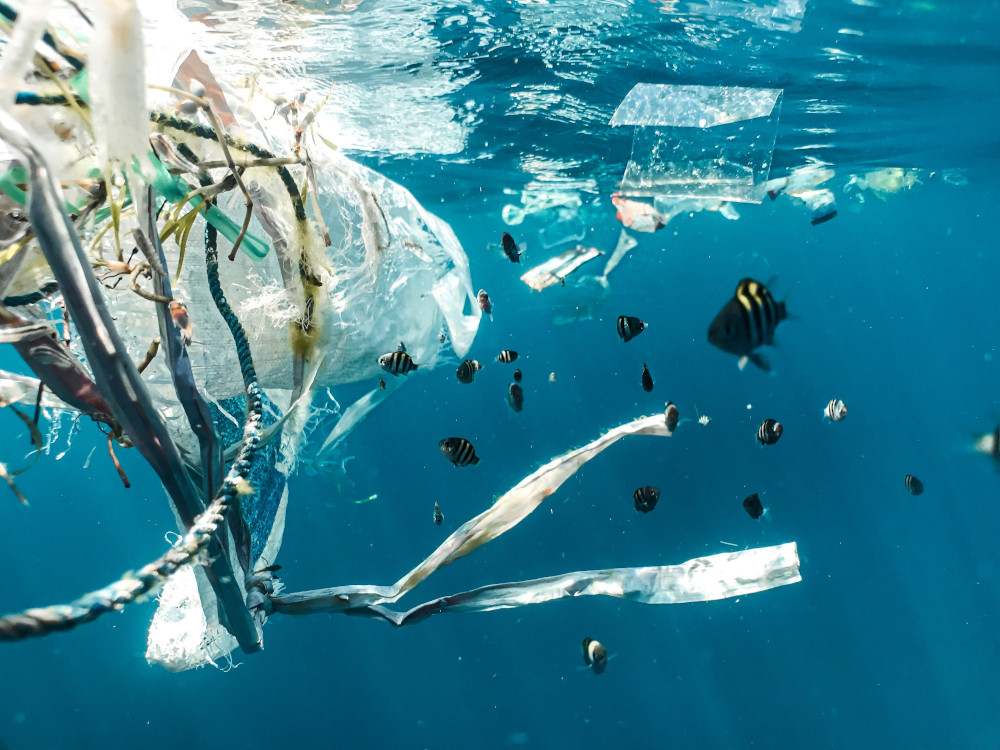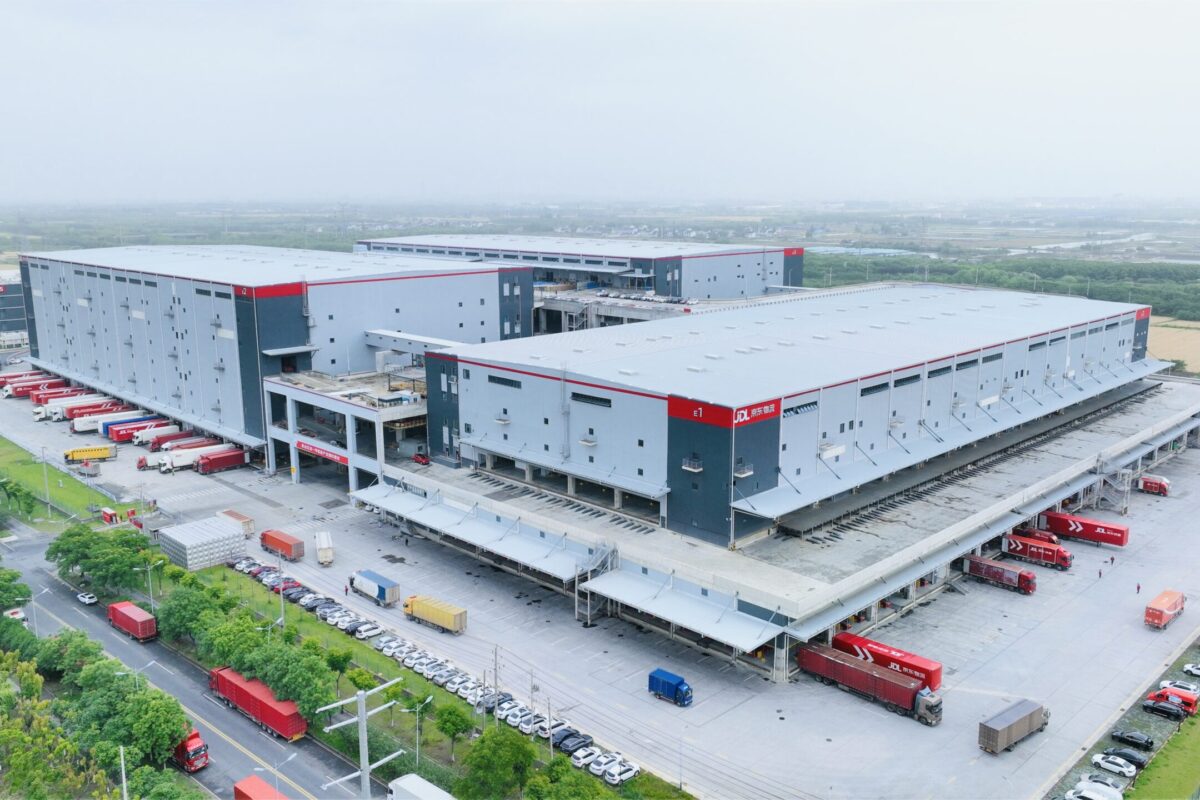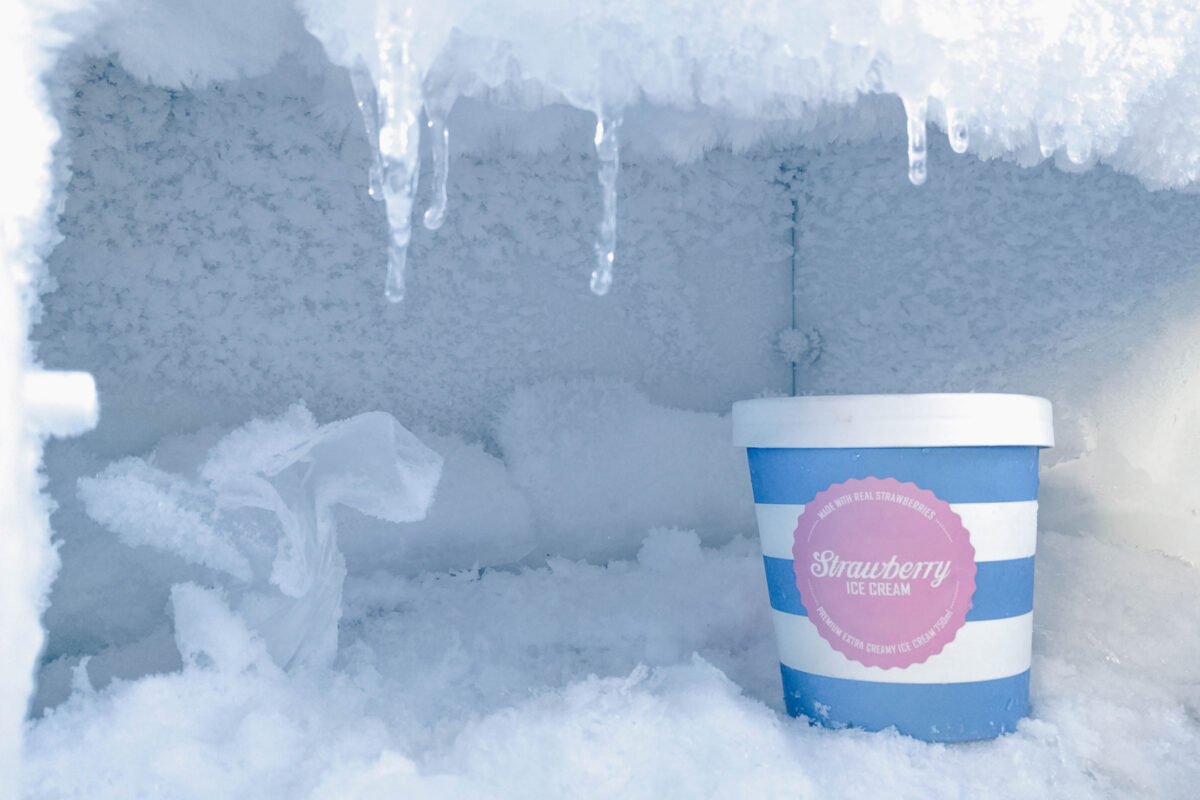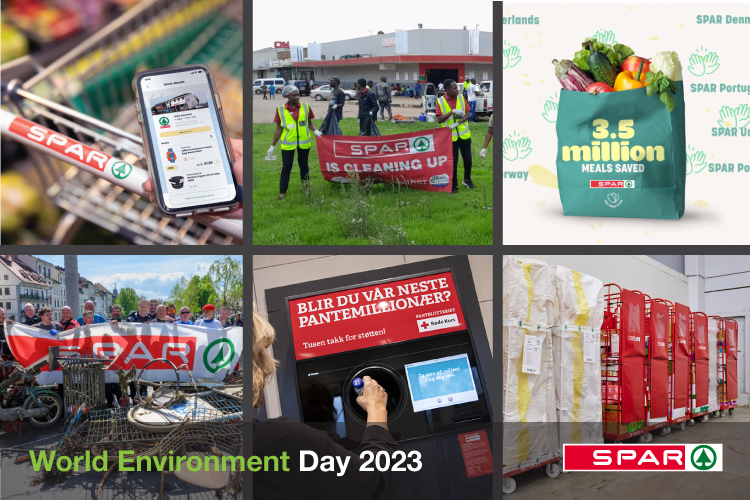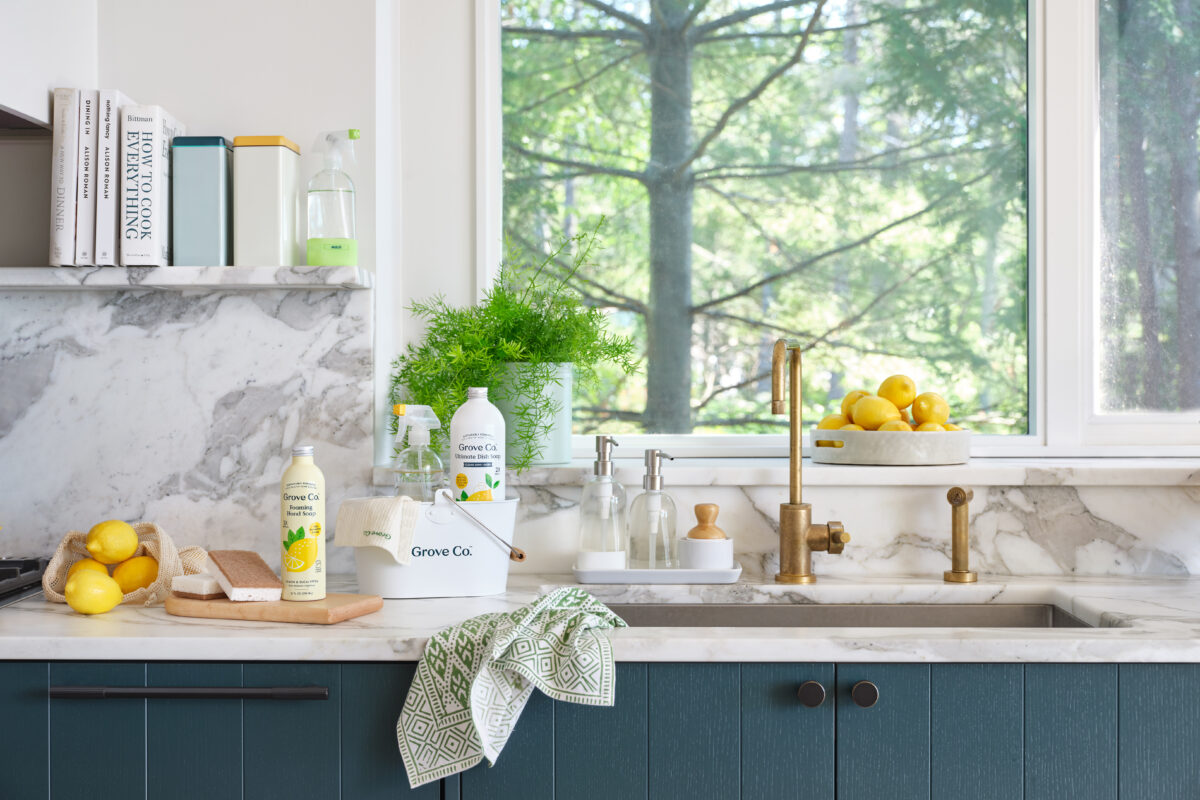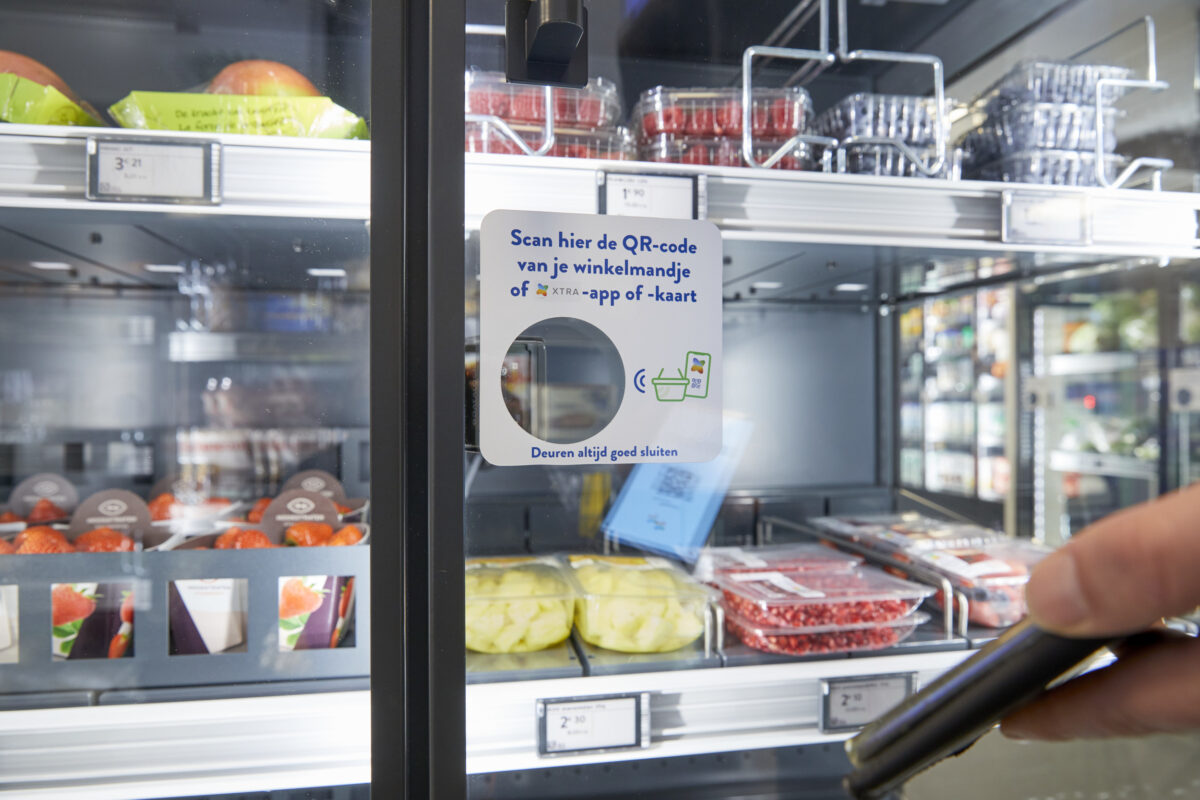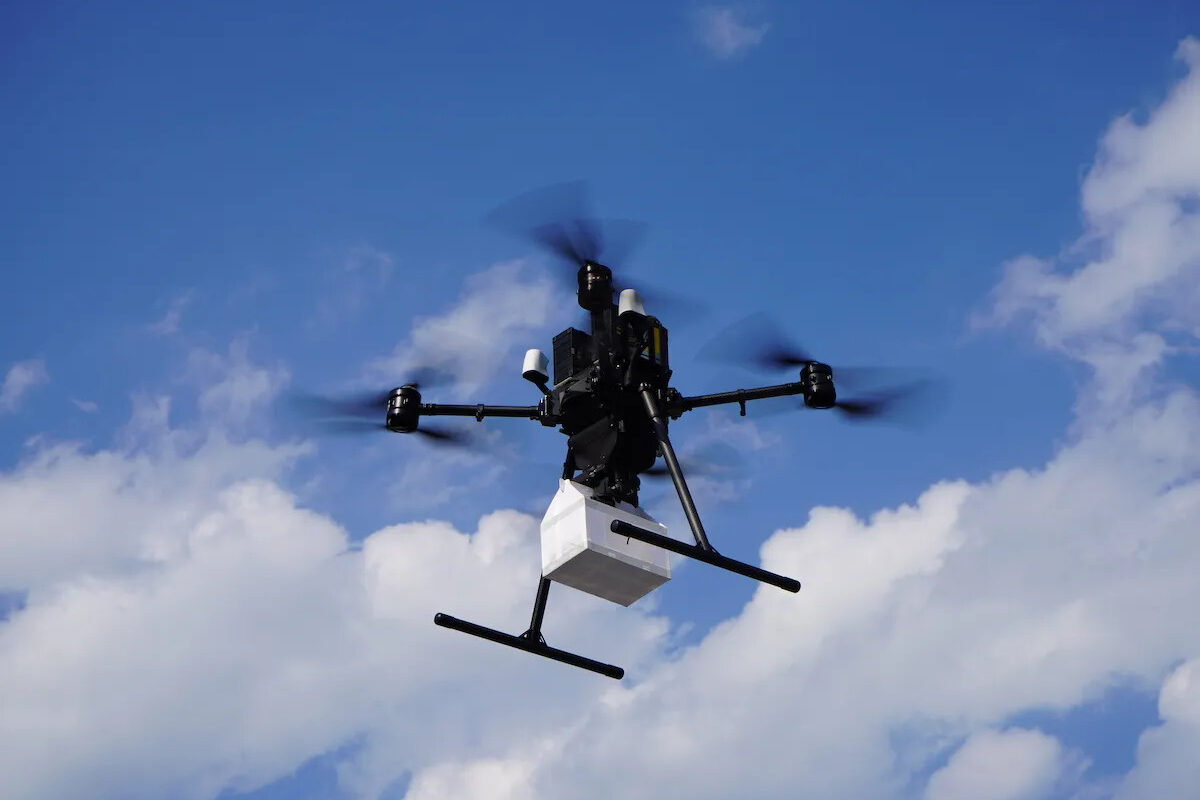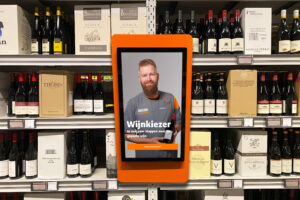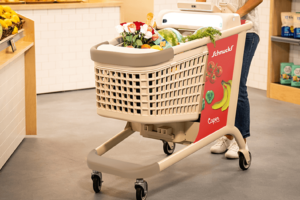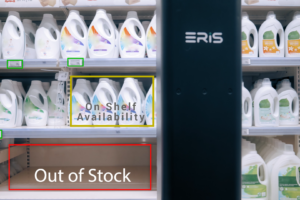Retail and other industries can contribute to greater sustainability
by Katja Laska (exclusively for EuroShop.mag)
Recycled and sustainable, please. That is now the wish of many customers. In this interview, Fabrizio Radice, Head of Global Sales and Marketing, TOMRA Recycling, tells us what’s important about recyclable product packaging, how retailers can help make it more sustainable, and how his business unit and other TOMRA colleagues are doing their part on the topic.
Mr. Radice, what role do you think sustainability and recycling play in retail?
Fabrizio Radice: Recycling and sustainability play an increasingly important role in retail. Consumer awareness has been strengthened considerably over the last time, making them push for more recycled and sustainably developed products.
So what’s the key to these products?
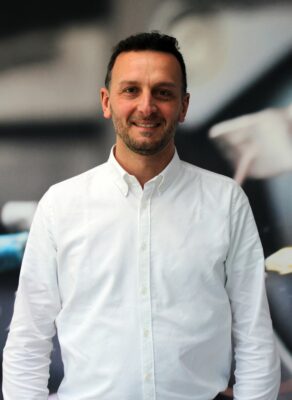
©TOMRA
To offer more recycled and sustainable products, products must be designed for recycling in a first place. Afterwards, proper collection and sorting must be granted before pure material fractions are sent to recycling facilities, transformed to virgin like recyclates and made available to brand owners and converters on the market again. Design for recycling is key. For instance, if a products’ body is covered by a shrink sleeve made of another material and is hard to separate from the body (if not done manually by the consumer), recycling is hard to impossible. The same difficulties are given when adhesives and inks are added to plastics packaging. But if the product is made of one material and is transparent or natural, recycling becomes much easier.
What can retailers do?
A strong contributor to increasing recycling rates and affecting retail are Deposit Return Systems. These systems add a minor fee to a beverage container that will be reimbursed to the consumer once it is returned at a Reverse Vending Machine. Thanks to this financial incentive, consumers will more likely return their empty beverage containers and thus ensure that they are reused for recycling.
That’s where your colleagues at TOMRA Collections come in, for example, right?
That’s right. One of TOMRA’s business units, TOMRA Collections, provides reverse vending solutions for Clean Loop Recycling, collecting aluminum, plastic, and glass beverage containers to enable reuse and recycling back into new bottles and cans.
Today, and with over 80,000 installations across more than 60 markets, TOMRA’s reverse vending machines capture over 40 billion used beverage containers every year, thus strongly contributing to increasing recycling and sustainability on a global scale.
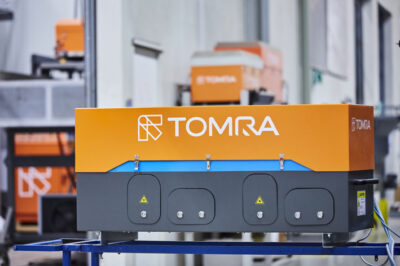
©TOMRA
At TOMRA Recycling, your focus is on sorting solutions. To what extent do you contribute to more sustainability with your sensor-based sorting machines?
We are both a technology provider and consultant. We help partners, plant builders and customers to find the best suitable sorting solution for their respective needs and sorting requirements. Once established, we provide the respective sorting solution that is an integral part of a recycling and/or sorting plant in which it recovers valuable materials out of waste streams. To give an example: an AUTOSORT® sorting unit can recover different plastics types out of different waste streams, such as municipal solid waste, separate collections and many more.
You want to know what that looks like? Fabrizio Radice has given us answers to that, too. Read on to find out more about the innovative solution and its possibilities by visiting our colleagues at K – The World’s No. 1 Trade Fair for Plastics and Rubber!






